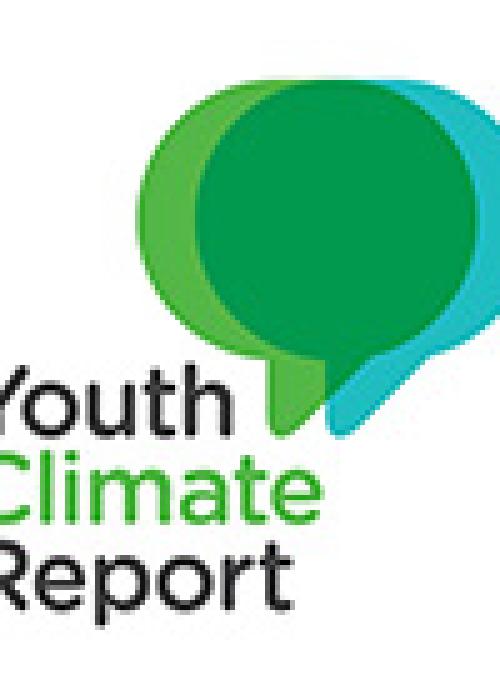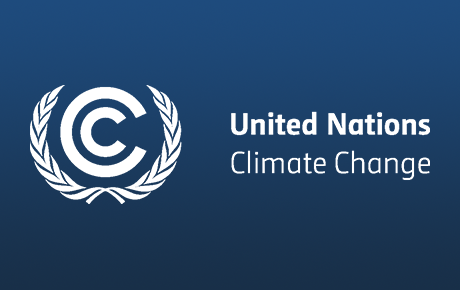
Support to the Youth Climate Report project
The Youth Climate Report project is an official partner program of the UNFCCC together with UNEP, TVE, the United Nations Development Programme and the GEF Small Grants Programme.
WRI Indonesia supports the Youth Climate Report project to increase global understanding of climate change impacts, adaptation, mitigation and sustainability through youth empowerment.
Where
Worldwide, Indonesia
Why
Climate change has become one of the prime issues threatening the sustainability of world’s environment. It has impact on livability, health and the global economy. A rise in global temperature causes sea levels to rise as polar ice caps and glaciers begin to melt along with thermal expansion of water. Yet another consequence is uncertain weather pattern, which brings loss of property and life, uncertainty in precipitation pattern, and stress on bio-diversity.
To overcome this global problem collectively and sustainably, a radical new approach within manageable timeframe must be forwarded. The role of youth is key to sustainable mitigation and adaption of climate change as they are the generation of the future. By sharing stories from all over the world, young activists can connect their experiences to make a bigger impact.
How
The Youth Climate Report project aims to enhance youth participation in climate change dialogue by giving them the skills and tools needed.
The Youth Climate Report project gives training to empower global youth to participate in the climate change dialogue at the very highest policy level (the UNFCCC) and so become knowledge ambassadors in their communities, while at the same time learning essential digital (journalistic) story-telling skills.
Through crowdsourced film reports by youth, this project is committed to bridge the gap between science and policy on climate change. The films are curated throughout the year by the UNFCCC and Television for the Environment (TVE) as part of the annual Global Youth Video Competition. Students from all over the world submitted the videos based on specific terms. Last year at COP24 in Katowice, the themes were Responsible Production and Consumption and Green and Climate Friendly Jobs. The Global Youth Video Competition will announce its two categories each year in May.
To provide voice for the global communities of both youth and science, the crowdsources film reports are presented on a platform of a Geographic Information System (GIS) map. This interactive format situates each video at the longitude and latitude coordinates of where the filmed research takes place. Each video also contains meta data including links to further information on the presented climate topic of each video and research done by the profiled climate scientist.
See the interactive map below:
here is the embed code:
For information on the Youth Climate Report, please visit: http://youthclimatereport.com.



